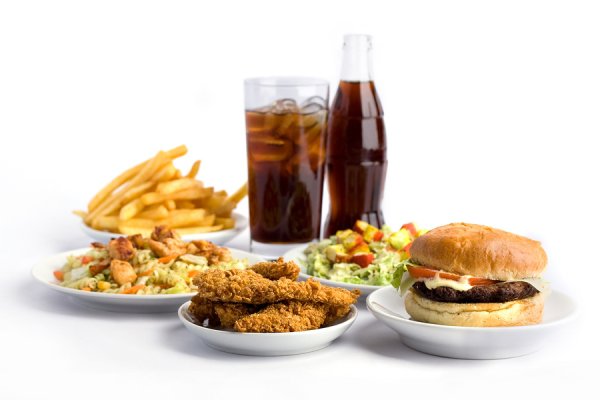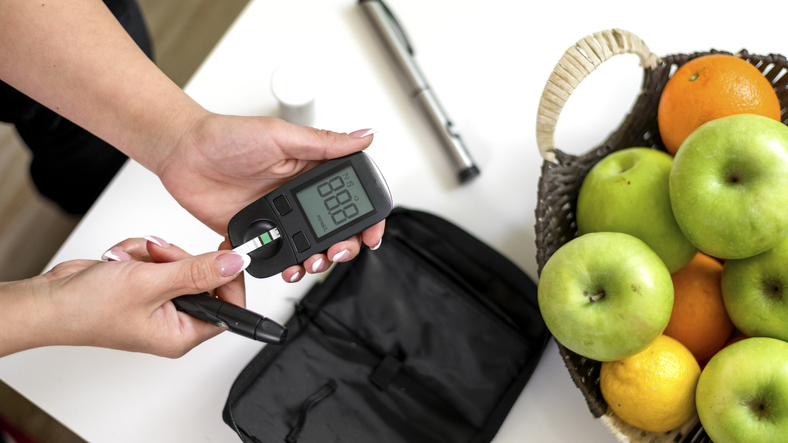
Diabetes affects all parts of the body, including the mouth. If you have diabetes, it is important to let your dentist know. He or she may recommend that you have more frequent cleanings so you can avoid some of the complications that can occur with diabetes. If you have diabetes, here is what you need to know about how it can affect your oral health.
People with diabetes are more prone to gum disease.
When you have diabetes, you are more vulnerable to infections. This is true even if your blood sugar levels are well regulated. However, if your blood sugar levels are uncontrolled, your risk of infections is even greater. Because your mouth is filled with bacteria, infections are prone to starting there, and if you have diabetes, this bacteria can build up and cause gum disease faster than in people without diabetes. High blood sugar levels feed this infection, causing gum disease to progress and become severe faster.
Gum disease can make it more difficult to control your diabetes.
If you have diabetes, then you know how infections can impact your blood sugar levels. It’s difficult to keep your levels under control when you have an infection in the body, since the inflammation causes blood sugar levels to rise. When you have gum disease, it causes blood sugar levels to increase, and in turn, these high levels exacerbate your gum disease, creating a cycle that is difficult to break.
You may need more frequent teeth cleanings.
People with diabetes often need to see the dentist every three months instead of every six months. This allows your dentist to spot gum disease in early stages, so that it can be treated and reversed before it becomes severe and leads to complications like tooth loss.
At your appointment at University Associates in Dentistry, be sure to tell your dentist about diabetes or any other chronic health problem you have. You can make a dentist appointment in Chicago by calling (312) 704-5511.


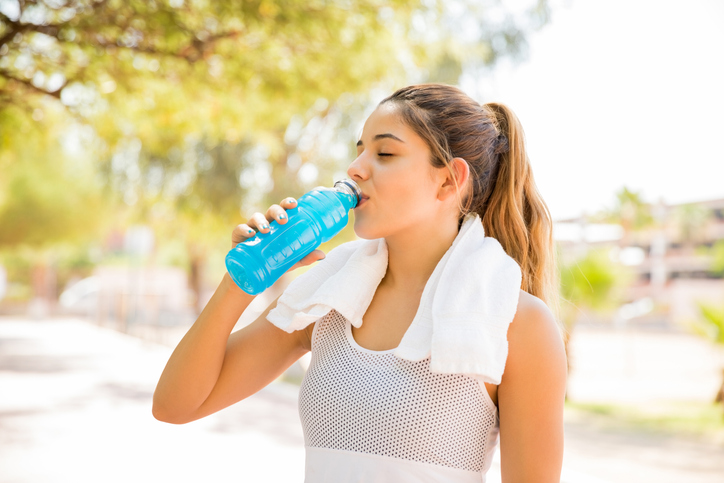
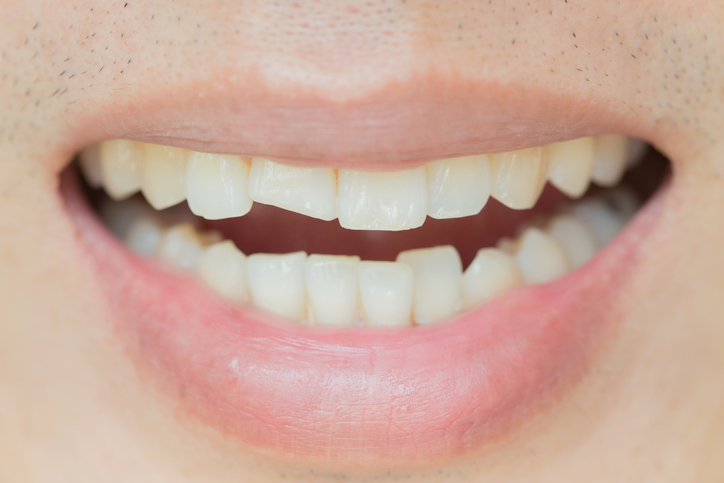


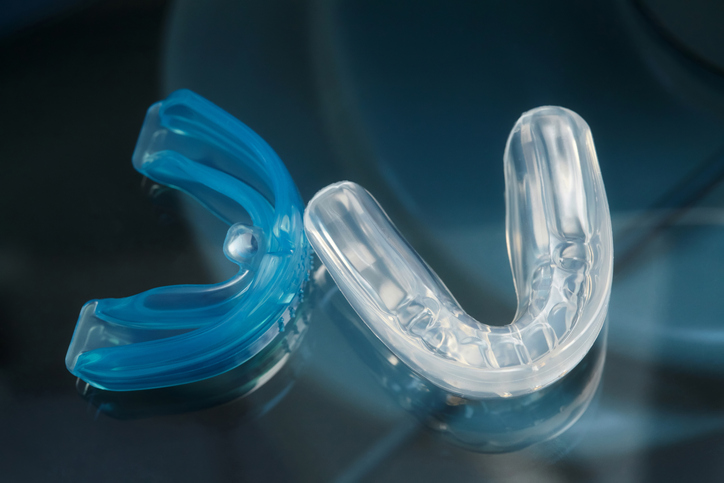
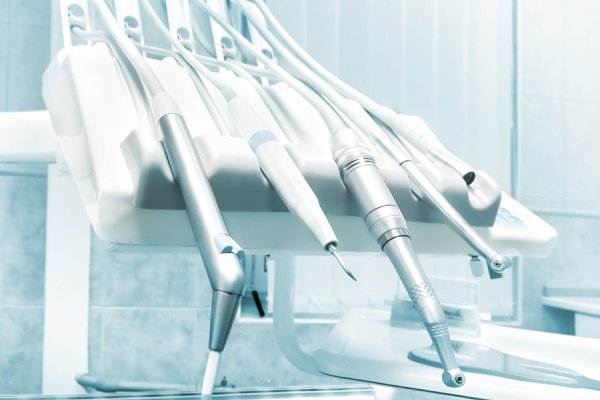 Along with our compassionate, personalized care, University Associates in Dentistry is known for offering our patients the very latest in dental technology. Our dentists celebrate new technological advancements because they bring greater comfort and health to our valued patients. As an example, our patients no longer have to dread the sounds and sensations of the dental drill. Our exciting alternative is laser dentistry!
Along with our compassionate, personalized care, University Associates in Dentistry is known for offering our patients the very latest in dental technology. Our dentists celebrate new technological advancements because they bring greater comfort and health to our valued patients. As an example, our patients no longer have to dread the sounds and sensations of the dental drill. Our exciting alternative is laser dentistry! 
